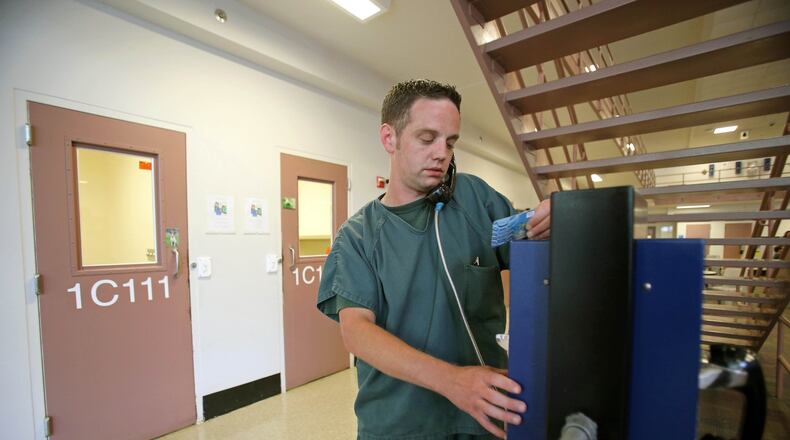Advocates for prison reform say a federal court decision last month on the costs of prison phone calls hurts poor families.
“The felons aren’t the ones paying the bills. It’s the families,” said Paul Wright, executive director of the Washington, D.C.,-based nonprofit Human Rights Defense Center. “It’s just exploitation. It’s just gouging people.”
The Georgia Department of Corrections last year signed a multi-year contract with Securus Technologies to handle inmate calls for the state prison system. In return, Securus paid the state $4 million in January with the promise of $325,000 a month thereafter.
Companies can afford to pay states so much because they make even more on telephone charges largely borne by the families of offenders, who often already are living at or below the poverty line, Wright said.
The Federal Communications Commission attempted to rein in high telephone fees charged inside prisons and jails, but the Washington, D.C., Appeals Court ruled 2-1 in June that the commission did not have the authority to do so.
About the Author
Keep Reading
The Latest
Featured



